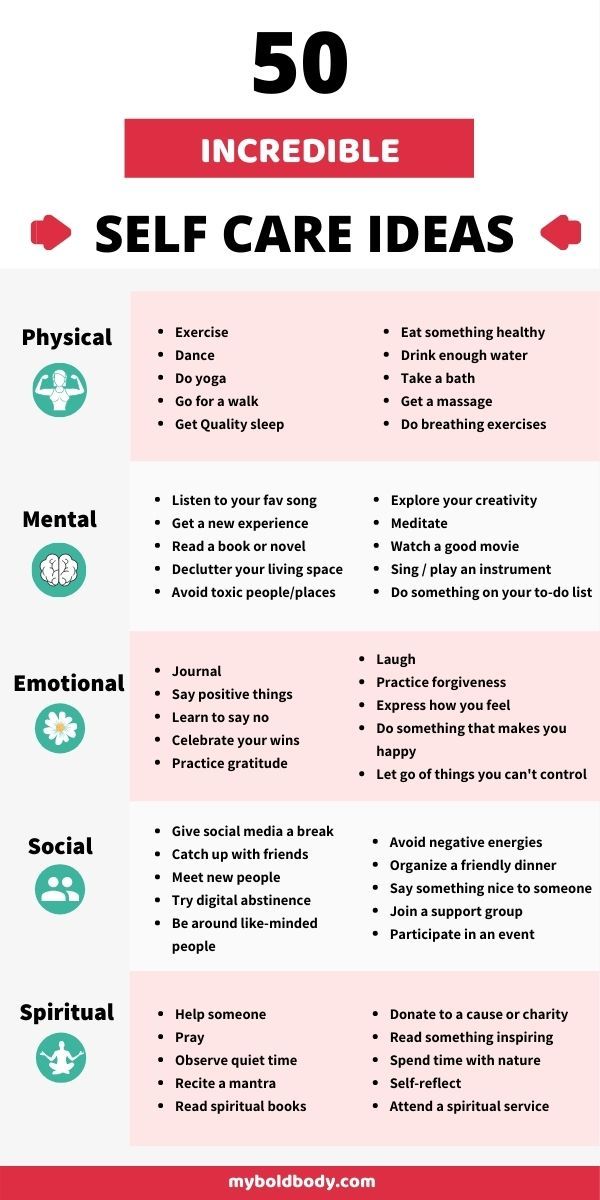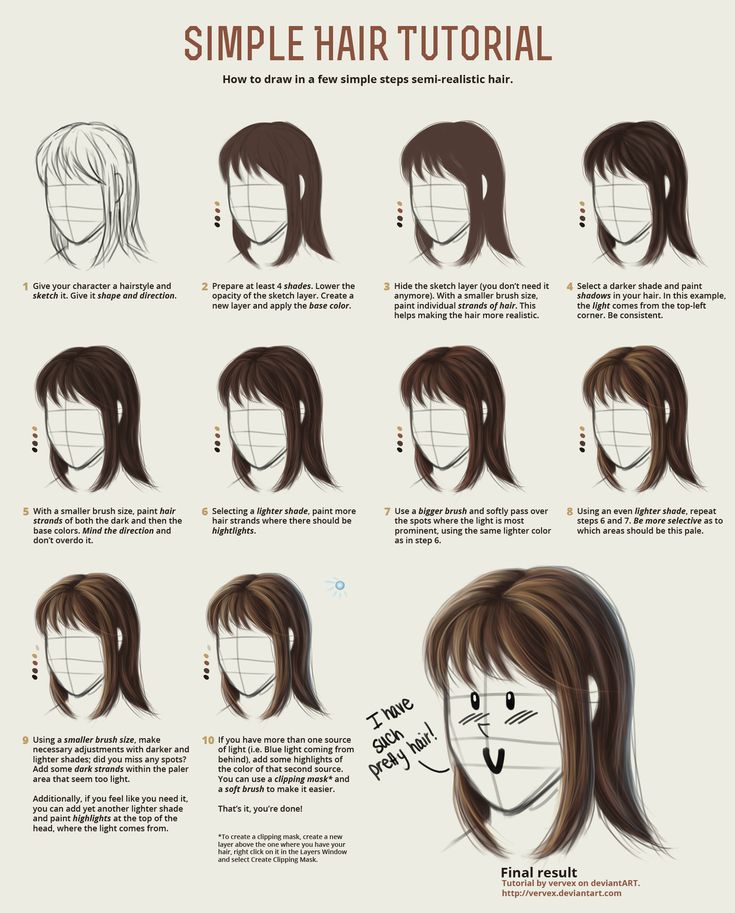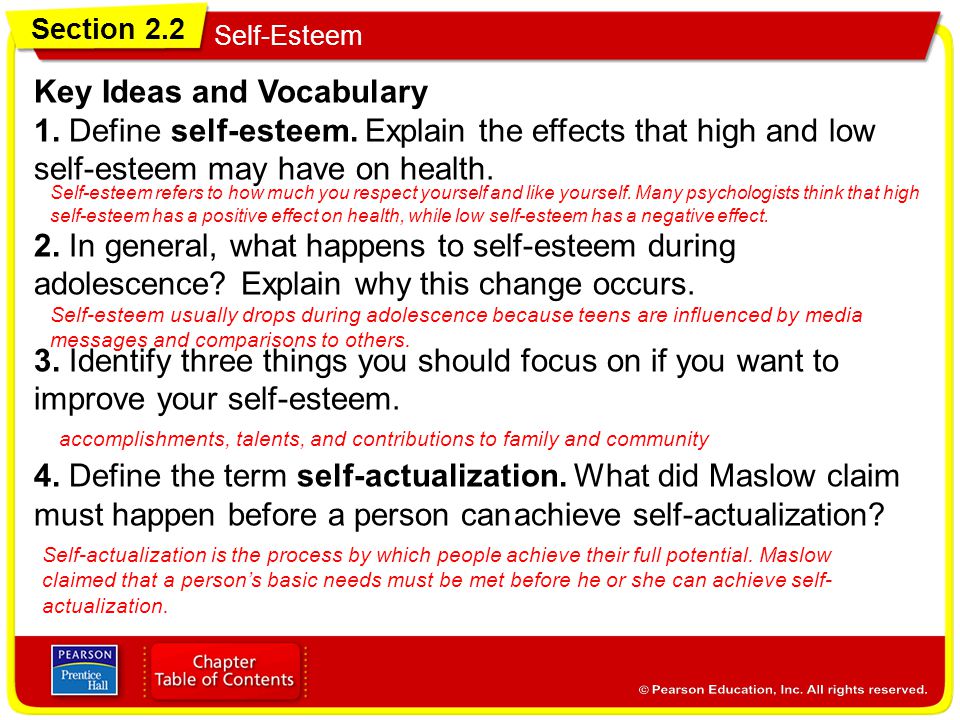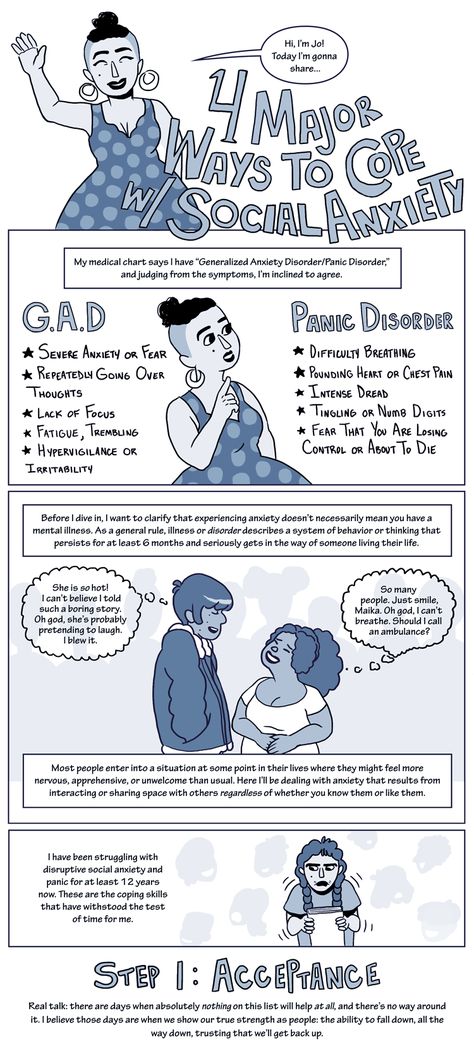How to deal with tension in a relationship
Managing the pressures of a relationship | Romantic relationships
Have you ever wondered what the ‘ship’ in ‘relationship’ means? It refers to the fact that a relationship can either float or sink. Okay, that isn’t entirely true, but it’s a useful way to think about the effects of pressure in a relationship. Read on for some tips to help you keep your relationship afloat, and what to do if you feel unsafe.
What kinds of pressures exist in a relationship?
Having a boyfriend or girlfriend can be great, but there are a whole bunch of things that can get in the way of feeling content and happy.
Internal pressures can come from things like differences in culture or age, jealousy, lack of compromise, and unreasonable or unfulfilled expectations.
External pressures can come from people or factors outside of the relationship itself, such as study or work, illness, money, family and friends.
Tips for keeping your relationship afloat
Work out what pressures, internal and external, are affecting your relationship. Then, when you’re ready, try some of the following strategies to help relieve the pressure and keep your relationship afloat.
Communicate with each other
We have smartphones and airplanes, and yet there’s still no device that helps us to read minds! So, the next best thing is to communicate by using words.
How is your partner supposed to know what’s wrong if you don’t tell them? If something is bugging you, let them know in a calm manner. You can then try to resolve the issue together.
Learn to compromise
You can’t always get what you want. Talk with your partner to figure out the stuff that’s really important to each of you, and the stuff that isn’t such a big deal.
It might be hard to accept that someone you’re close to doesn’t care about all the same things you do. But, as with everything, compromise becomes easier with practice.
Reassure your partner of your feelings for them
Everybody likes to hear how much they’re loved. If you know that you feel the same way about each other, the relationship will tend to flow more smoothly and problems such as jealousy will be less likely to arise.
If you know that you feel the same way about each other, the relationship will tend to flow more smoothly and problems such as jealousy will be less likely to arise.
Get a fresh perspective
Sometimes it can be handy to view your relationship from a fresh perspective. By talking to someone who’s not directly involved in the relationship, such as friends or family, you might be able to see the situation in a different way and find the pressures easier to deal with.
Don’t be afraid to spend time apart
Sometimes the best thing for a couple is to spend some time away from each other. After all, you can’t miss someone if they’re always around.
Don’t try to work things out when either of you is angry
It’s almost impossible to work things out in a mature fashion when one of you is angry. You’re more likely to say something unkind that you’ll later regret. Try to change the topic of conversation, or walk away and revisit the issue later on when you’re both feeling calmer.
Respect your differences
Differences in culture, religion or opinion can be the source of difficulties or friction in relationships. Instead of rejecting the unfamiliar, make an effort to understand it and to embrace it. Differences between partners can make things more interesting and unpredictable. You might even learn a thing or two.
Sort out any problems with your family
If your family doesn’t approve of your relationship, you need to ask yourself why.
Is it because they worry that you might get hurt in some way? Or maybe they simply don’t understand your relationship and how you feel about it.
Be clear about what you think, feel and want. Describe your situation in a way that will help them understand it better. If you’re honest, calm and respectful, they will be more likely to hear what you have to say and to believe you. Try to understand their point of view; it may make them more willing to see yours.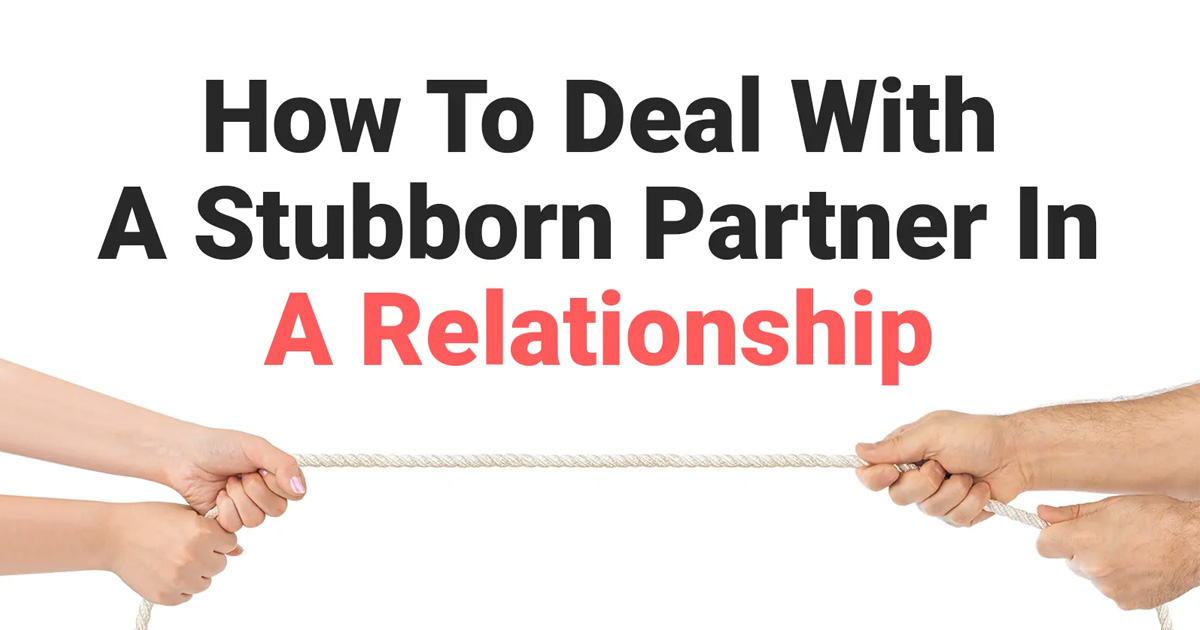
Parents won't always see things your way. However, if they see that you’re acting in a mature manner, they’ll be more likely to accept that you’re capable of making big decisions for yourself.
The deal breakers
Emotional and/or physical abuse is never acceptable in any relationship, and violence is against the law. If your relationship has become unhealthy and you feel unsafe, seek help immediately.
Other things that your partner might be doing that also need immediate attention include:
- making you feel disrespected
- not being open and honest
- disregarding what's important to you.
Working through relationship pressures can be really hard. If these tips don’t work for you, you might want to seek professional help so that you can work together to get to the bottom of what’s going on and try to fix it.
Tips to Ease Relationship Tensions
I came home after a dinner with friends to hungry cats, wet laundry still in the washing machine, and muddy footprints tracked across the carpet.
I was tired. And I felt my tension rise. I’d expected those chores to be covered.
He had been out in the yard, digging a French drain to keep the crawl space from drawing too much rainwater during the winter storms.
He was tired from the wet, dirty work. He’d expected me to be pleased by the effort.
By the time we sorted through missed expectations, we were both impatient and irritated. We didn’t feel like talking — probably good because neither of us felt like listening, either.
Every relationship, whether it’s with your kid or your partner or your boss or your mom or the computer customer service guy who can’t seem to understand what isn’t working, has moments of tension and challenge.
Sometimes it is big stuff — like how to cope with a cheating spouse, or how to work with a boss who doesn’t share your values. Other times — most times — getting through the day requires us to respond to a variety of small tensions — like chores and changing schedules, parenting dilemmas, billpaying, or coordinating vacation time with co-workers.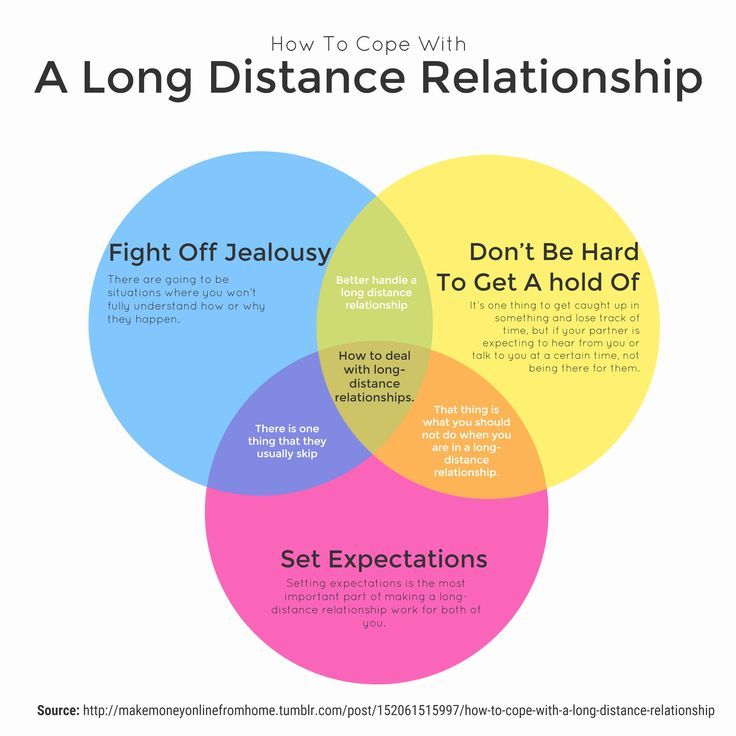
How you handle conflicts — big and small — determines the relationship’s resilience and how good you’ll feel going forward. Handle the conflict with respect and grace and you’ll be fortified with positive energy. But if you blow it and spin off into a contrail of blame, anger and hostility, everybody is going to suffer.
Over the years, as I’ve worked to learn and grow in my own marriage, interviewed relationship experts, and written dozens of articles on the topic, four pieces of advice have stuck with me. These are the things I can actually do. when I use them they make a difference.
- Grant do-overs. Stuff is going to happen. People — good people — are going to make big, messy mistakes. Heck, you are going to make big, messy mistakes. But sometimes the best way to get through the upset is to give the other individual the benefit of the doubt and move on. They blew it, or perhaps you did, but nobody meant to cause harm.A do-over allows you to start again without rehashing.
 Give these freely (aloud or quietly to yourself) and ask for them, too, when you know you’ve stepped out of bounds and need to start over. Instead of overanalyzing and blaming, just acknowledge the conversation has gone off the rails, drop it, and do it over. Better this time.
Give these freely (aloud or quietly to yourself) and ask for them, too, when you know you’ve stepped out of bounds and need to start over. Instead of overanalyzing and blaming, just acknowledge the conversation has gone off the rails, drop it, and do it over. Better this time. - Shut up and listen. All right, I’ll confess: I have a tendency to over-talk everything. So I’m continually working on this one. Say what you must, then just shut up. So many times relationship squabbles are a product of miscommunication or misunderstanding. But you aren’t going to clear those up without equal air time. When you spend time listening (without rolling your eyes), you’ll gain clarity. This will help you find resolution, or at least peace.
- Pause, breathe, leave. Often we are triggered by an event that sends us spiraling into bad behavior. Then, instead of being able to deal with the real issue, we have to mop up from the drama. When you feel things start to escalate, take a deep breath, and respectfully announce that you are going to take a timeout and will come back in five or 10 minutes to talk over the issue.
 Don’t just storm off — this isn’t the time for door slamming — but don’t come out too soon either. Go to a back bedroom or somewhere quiet. Take deep breaths and let the raw emotion diffuse a bit. The break will calm you both down so that when you come back you can lead with compassion and curiosity rather than contempt.
Don’t just storm off — this isn’t the time for door slamming — but don’t come out too soon either. Go to a back bedroom or somewhere quiet. Take deep breaths and let the raw emotion diffuse a bit. The break will calm you both down so that when you come back you can lead with compassion and curiosity rather than contempt. - Take an outsider’s view. Sometimes the best way through a conflict is to approach the dilemma as an outsider. When we can step out of the drama and look at the situation as a distant observer we are better able reason through it, according to research by Igor Grossmann and Ethan Kross (2014). Want a simple way to do this? Try talking to yourself about the conflict in third person, using your own name when evaluating the circumstances.
Any relationship is bound to have ups and downs. Become aware in the moment and take simple steps to diffuse difficult emotions. You will be more likely to work through the stress than get caught up in it.
Reference
Grossman, I., & Kross, E. (2014). Exploring Solomon’s Paradox: Self-Distancing Eliminates the Self-Other Asymmetry in Wise Reasoning About Close Relationships in Younger and Older Adults. Psychological Science, 25(8), 1571 – 1580.
How to deal with chronic stress
How can you protect yourself in a difficult emotional situation, what should be avoided in conditions of prolonged stress and what measures to take to take care of your well-being in conditions of prolonged nervous tension - we tell in the article.
Chronic stress factors
Prolonged nervous tension can be caused by both internal (endogenous) and external (exogenous) causes. The first act from the depths of the body, the second - affect a person from the outside.
Internal stressors
-
Deficiency of vitamins and microelements (especially magnesium, iron and B vitamins).
-
Hormonal imbalance.

-
Increase or decrease in blood sugar.
-
Frequent illnesses, etc.
External stressors
-
Intense professional activity and complex relationships in the work team.
-
Unfavorable microclimate in the family.
-
Difficult financial situation.
-
Low social status.
-
Difficult personal experience: death of a loved one, divorce, etc.
In the first case, the situation can often be corrected with the help of medications individually selected by the attending physician. In the second, a quick overcoming of stress is impossible, which in the end can lead to negative consequences for the body - cardiovascular diseases, diabetes, intestinal problems and reduced immunity. Therefore, it is very important to learn how to cope with prolonged nervous tension with minimal health consequences.
Prolonged nervous stress leads to cardiovascular diseases and often provokes the development of coronary heart disease and myocardial infarction
Stress management
During prolonged stress, the body gradually adapts to the current situation and learns to optimally spend mental and physical resources. However, if this situation is not resolved, maladjustment occurs, leading to a breakdown. That is why it is important to be especially attentive to your surroundings and current lifestyle during a difficult psychological situation.
However, if this situation is not resolved, maladjustment occurs, leading to a breakdown. That is why it is important to be especially attentive to your surroundings and current lifestyle during a difficult psychological situation.
Activity
Sports activities are a frequent recommendation in the treatment of stress . Physical exercise relieves not only muscle, but also nervous tension. Aerobic exercise (low-intensity exercise) provides the necessary load on the heart and blood vessels, which helps reduce the risk of cardiovascular disease.
Endorphins released during exercise improve mood and help fight stress
Proper rest is also important. For example, if the job involves daily physical labor, the best option would be a quiet evening in a relaxing environment. An office employee, on the contrary, will benefit from a short walk in the fresh air - this will improve blood circulation, restore tone to the body and help distract from negative thoughts.
It is desirable to sleep at the same hours. The period from 23:00 to 07:00 is the ideal time for a night's rest.
Power
It is advisable to divide food intake into 5 meals. In breaks, it is recommended to make snacks with fruits and yogurts. Drink more water. The diet should contain a sufficient amount of vitamins and minerals.
It is advisable to avoid excessive consumption of coffee and tea. These drinks contain caffeine, which has a direct stimulating effect on the nervous system and has an ambiguous effect on vascular tone. It is better to replace them with fruit or herbal tea, juice, compote from berries or dried fruits, etc.
Personal environment
The basic rules of psychological hygiene say that developing relationships with positive-minded people helps reduce background negativity and maintains a good mood. Manipulators, active or passive aggressors, as well as those who regularly demand unjustified attention and sympathy, negatively affect the psyche, weakened by long-term nervous tension. If it is impossible to end relationships with such people, for example, if stress at work and among colleagues there are representatives of this type of behavior, it is advisable to contact them as little as possible, choosing short and superficial communication.
If it is impossible to end relationships with such people, for example, if stress at work and among colleagues there are representatives of this type of behavior, it is advisable to contact them as little as possible, choosing short and superficial communication.
Therapy
One of the effective ways to protect your health from the consequences of stress is to work through a difficult life situation with a psychologist or psychotherapist. A professional specialist will analyze the current problem, relieve anxiety, teach useful recovery exercises and prescribe medication support if necessary.
Another option is meditation. With regular practice, cognitive abilities, self-awareness and overall well-being improve. Even 10 minutes of meditation a day gives the brain the right rest, and the body - relaxation.
It is also important to regularly undergo examinations and maintain the internal balance of vitamins and microelements, because in a state of chronic stress, the body's resources are constantly at the limit.
Restoration of vitamin and mineral balance will improve the protective functions of the body
Additional stressors
During prolonged nervous tension, the body is oversaturated with "stress hormones" - adrenaline and cortisol. This negatively affects the functioning of the brain, the state of the cardiovascular system and the regulation of metabolism. Therefore, during this period, it is especially important to avoid any activities that cause additional anxiety and negatively affect the functioning of internal organs.
Eating disorder
Poor nutrition against the background of long stress further depletes an already weakened body. And frequent overeating and abuse of fatty foods create an extra load on the heart and blood vessels, contribute to obesity and the deposition of cholesterol on the walls of blood vessels, which leads to atherosclerosis.
Bad habits
Smoking and alcohol can stop stress for a short time, but when the effect wears off, the stress returns with a vengeance. Irritability appears, a depressive state quickly develops. Internal organs also suffer: heart, liver. Exhausting and poisoning the entire body, bad habits cause irreparable damage to health, which only exacerbates nervous tension as a result.
Irritability appears, a depressive state quickly develops. Internal organs also suffer: heart, liver. Exhausting and poisoning the entire body, bad habits cause irreparable damage to health, which only exacerbates nervous tension as a result.
10 ways to deal with stress in a relationship
The more effectively each partner deals with stress, the less likely the relationship is to end. In addition, the better two people cope with stress together (for example, by discussing negative experiences, allowing the other person to talk, etc.), the more cohesiveness in the relationship they will be able to achieve.
Of course, you cannot prevent stressful situations in your partner's life. However, you are able to prevent a quarrel with a partner because of stress! Below are practical tips that will help you look at the problem from different points of view and eliminate it.
How do you deal with your own stress?
1. Understand how stressed you are. Finding out exactly what caused you to stress will help you collect your thoughts and direct your strength to fight the root cause. Think about what makes you feel overwhelmed and write it down on a piece of paper. To see a problem written down on paper means to recognize and already half solve it. Start coming up with a plan to get rid of the problem completely.
Finding out exactly what caused you to stress will help you collect your thoughts and direct your strength to fight the root cause. Think about what makes you feel overwhelmed and write it down on a piece of paper. To see a problem written down on paper means to recognize and already half solve it. Start coming up with a plan to get rid of the problem completely.
2. Increase the amount of positive emotions. No matter what causes you stress, feelings of joy, gratitude, satisfaction and love will help you cope with any difficulties. You don't have to start a new and challenging hobby to do this - who has the time for that? Sometimes it is enough to turn on your favorite music to start feeling good. Before going to bed, instead of the usual thoughts about your troubles, think about the good things that happened to you during the day. It can be a great practice to keep a gratitude journal where you write down every day everything you can be grateful for in life.
3. Find a calming activity. Do you feel persistent anxiety or depression? Try to calm yourself and clear your thoughts with an activity that relaxes you. Maybe it's meditation? Coloring book for adults? Fragrant bath? Evening walk with the dog?
4. Take care of yourself. Stress can put you in a vicious cycle of lack of sleep, physical inactivity, and undernutrition (overeating). Your body needs resources to be able to handle stress effectively. Everyone has had days when stress exhausted him so much that he forgot about his own needs. But dealing with stress without satisfying the needs of the body is as pointless as sending a soldier to war without a weapon! Make adequate sleep, adequate nutrition and exercise your priorities.
5. Rethink the cause of stress. Stress doesn't have to make you feel negative emotions. If you feel that you have enough resources to cope with it (time, money, strength, desire, etc. ), then you begin to relate differently to the very cause of stress. You understand that you can solve the problem, even if it takes some time. When a person sees stress, but does not feel that he can cope with it, then he experiences anxiety, powerlessness, feels lost. Accept stress as a challenge, not a threat. Make the cause of stress your exciting task to solve. Don't make it an unpleasant activity that overwhelms and upsets you. Perhaps your partner can help you look at stress in a new way?
), then you begin to relate differently to the very cause of stress. You understand that you can solve the problem, even if it takes some time. When a person sees stress, but does not feel that he can cope with it, then he experiences anxiety, powerlessness, feels lost. Accept stress as a challenge, not a threat. Make the cause of stress your exciting task to solve. Don't make it an unpleasant activity that overwhelms and upsets you. Perhaps your partner can help you look at stress in a new way?
How do you deal with your partner's stress?
The presence of a person who helps to cope with stress and provides the necessary support is of great importance. As a result, shared stressful experiences bring two people closer than anything else. What can you do for your partner to help him cope with the problem?
1. Talk to him. Find out how your partner reacts to stress and ask how you can help him. The problem is that everyone reacts to stress differently. Sometimes from the outside it may seem that a person is simply bored! Therefore, it is important to take care and take an interest in the condition of the partner.
Sometimes from the outside it may seem that a person is simply bored! Therefore, it is important to take care and take an interest in the condition of the partner.
2. Support each other. The more support a person receives from their partner, the less likely it is that stress will cause a quarrel in a relationship. You can go different ways: start helping around the house more, or take the evening to listen to your partner.
3. Create more positive moments. You are not the only one who needs to experience positive emotions during times of stress. Your partner also needs them! But again, any extra activity should not be time-consuming - otherwise it will only cause more stress. Watch humorous programs, funny films together, go for a walk in the evening, read funny stories to your partner that you found on the Internet. All this will help you and your partner stay in a good mood and bring you closer.
4. Help your partner take care of themselves.
Learn more

